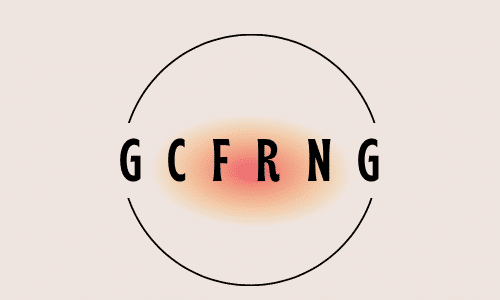PhDs, or Doctor of Philosophy degrees, represent the highest level of academic achievement. They are awarded by universities to individuals who have made a significant contribution to their field of study. Despite the name, a PhD is not limited to the field of philosophy but encompasses a wide range of disciplines, including science, engineering, humanities, and social sciences. In this comprehensive guide, we will explore what a PhD is, why it matters, and how you can pursue one.
Recommended article: What is a Dissertation? A Comprehensive Guide
What is a PhD?
A PhD is a doctoral degree that demonstrates a person’s ability to undertake independent research and make an original contribution to knowledge in their chosen field. It is typically the highest degree awarded by universities and is recognized worldwide as a mark of expertise and achievement.
Contrary to popular belief, the term “philosophy” in PhD does not refer to the study of philosophy alone. Instead, it signifies a broader approach to learning and knowledge creation. In essence, a PhD is about asking questions, challenging assumptions, and seeking answers through rigorous research and analysis.
Why Pursue a PhD?
People pursue PhDs for a variety of reasons. For some, it is a deep-seated passion for a particular subject or field of study. For others, it is a desire to contribute new knowledge to their discipline and make a meaningful impact on society. Additionally, a PhD can open up doors to exciting career opportunities in academia, research, and industry.
Recommended article: Best Science Universities in UK
How to Get a PhD
The path PhDs is challenging but rewarding. It typically involves several key stages:
- Choosing a Research Topic: Selecting a topic that is both personally meaningful and academically significant.
- Finding an Advisor: Identifying a faculty member who can serve as a mentor and guide throughout the PhD process.
- Developing a Research Proposal: Outlining the objectives, methodology, and expected outcomes of your research.
- Conducting Research: Gathering data, analyzing findings, and drawing conclusions based on your research.
- Writing a Dissertation: Documenting your research process, findings, and conclusions in a formal dissertation.
- Defending Your Dissertation: Presenting and defending your dissertation before a committee of experts in your field.
PhD Programs Around the World
PhD programs vary widely from country to country and even from university to university. In the United States, for example, PhD programs typically involve a combination of coursework, exams, and dissertation research. In contrast, European PhD programs are often more focused on independent research from the outset.
Recommended article: Which Sorority at Alabama Is the Easiest or Hardest to Join?
PhD vs. Other Degrees

One of the key differences between a PhD and other advanced degrees, such as a master’s degree or a professional doctorate, is the emphasis on original research. While other degrees may require coursework and practical training, a PhD is primarily about conducting independent research and making a significant contribution to your field.
Career Opportunities for PhD Holders
While many people assume that a PhD leads only to a career in academia, the reality is that PhD holders are in demand in a wide range of industries. The research, analytical, and critical thinking skills developed during PhDs are highly valued by employers in fields such as consulting, government, and industry.
Recommended article: BEST RECOGNIZED SUNY SCHOOLS
Frequently Asked Questions About PhDs
1. What does PhD stand for?
- PhD stands for Doctor of Philosophy. Despite the name, a PhD is not limited to the field of philosophy but is awarded in various disciplines for advanced research and expertise.
2. How long does it take to complete a PhD program?
- The duration of a PhD program varies depending on the country, university, and field of study. In the United States, it typically takes 5-7 years to complete a PhD program, including coursework, research, and dissertation writing.
3. What is the difference between a PhD and a professional doctorate?
- A PhD is a research-focused degree that emphasizes original research and the creation of new knowledge. A professional doctorate, on the other hand, is more practical and is designed to prepare students for professional practice in their field.
4. What are the benefits of earning a PhD?
- Earning a PhD can open up many opportunities, including careers in academia, research, and industry. It can also lead to higher salaries and greater job security.
5. Can you get a PhD without a master’s degree?
- In some countries, it is possible to enroll in a PhD program without a master’s degree, especially if you have relevant work experience or a strong undergraduate record. However, in most cases, a master’s degree is required for admission to a PhD program.
Conclusion
In conclusion, a PhDs are more than just a degree; it is a testament to your dedication, perseverance, and intellectual curiosity. Whether you are passionate about research or seeking to advance your career, a PhD can open up a world of opportunities and possibilities. So, if you have the drive and the passion, why not consider pursuing a PhD and embarking on a journey of discovery and learning that will change your life forever?
